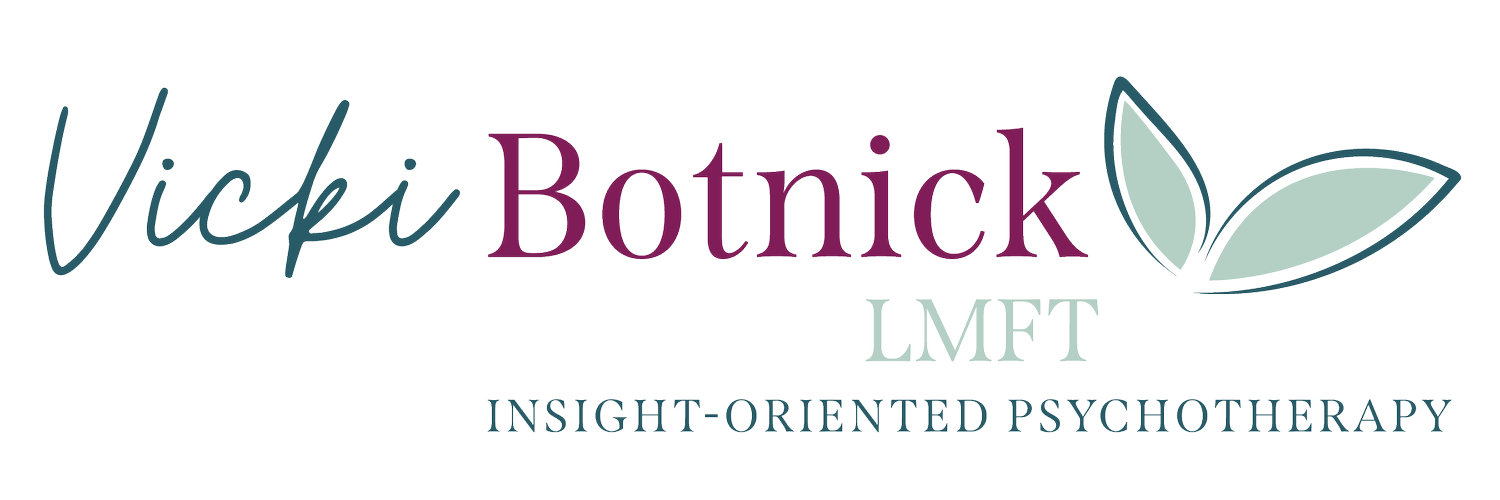
Blog
Stress Relief
I’m currently leading an unemployment support group with my co-leader, the excellent Jennifer Saunders. We do one-hour seminars on relieving the stress that unemployment can bring. While preparing a recent presentation, it occurred to me that—once again—I needed to take my own advice. Stress is stress, whether it’s from looking for work or from the fear of standing in front of people and trying to sound like an expert. Because of that, the tools that we’re offering can be used in any situation, and for any reason.
In January, we’ll be retooling the presentation for our biggest audience yet, 50 people. So we’ll add some new pieces, about the physical effects of stress (headaches, stomach aches, muscle aches, back aches; lack of sleep, constant exhaustion, slowed thought processes; increased heart rate and increased risk of all sorts of illnesses and diseases), to the parts we already have about all the emotional risks of stress (depression, panic attacks, anger, irritability, etc. etc.).
And after we’ve thoroughly bummed everyone out with all the negatives, we’ll discuss specific tools to combat stress. We all know how to “fight” against our stress by digging in and working harder. But Jennifer and I focus less on motivation for the task at hand, which can often just cause more of the same anxiety, and focus more on changing your whole point of view, if only for half an hour a day. You can do this through social outlets like support groups or picking up the phone to call a friend. Or by keeping yourself calm through listening to music, petting an animal or journaling. Or by escaping into reading, going to the movies or getting a massage.
And then there’s my favorite tactic: the research-backed, evidence-supported technique called mindfulness. This can be as simple as bringing yourself back to this very moment, enjoying the sounds, tastes, smells and sights around you so that the scurrying monkey mind is temporarily quieted. Or it can mean serious meditation, with a mantra; or guided imagery, both of which take time and practice but are oh-so-worth the effort, since they often lead to long-term improvements in health.
Either way (or in many other ways), mindfulness helps to slow the heartbeat and clear the mind. It teaches us that we have some control over our bodies and our stress levels. And it forces us to take time away from what we’re supposed to be accomplishing and instead spend that time on our most important accomplishments—ourselves.
